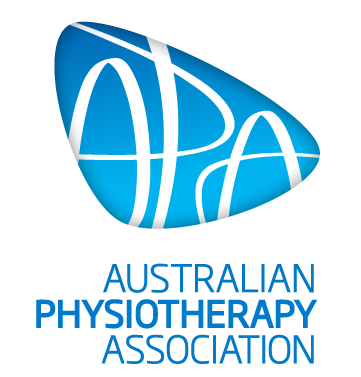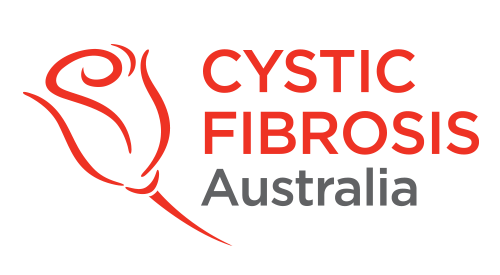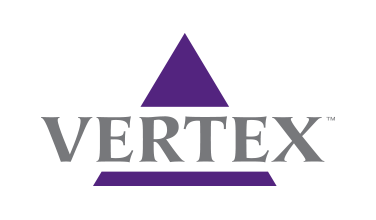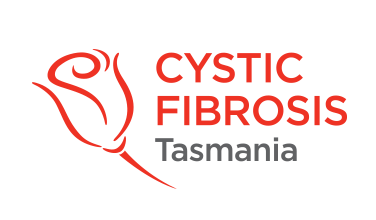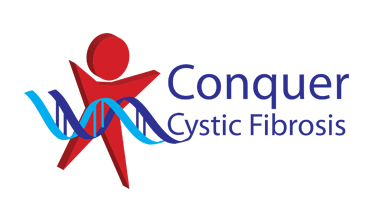MENU
Active Cycle of Breathing Technique
Please speak to a physiotherapist or your CF medical team before commencing any new treatment. DO NOT start using a device, or technique on this website if you have not discussed this with your CF team first.
Active Cycle of Breathing Technique (ACBT) is a technique that can be used with an airway clearance device, without a device, or even during exercise.
Aims of ACBT:
- to increase the volume of air behind mucus and
- to shear (unstick) sputum from airway walls
Components:
ACBT consists of 3 main exercises which are combined into a cycle:
- Breathing Control (BC): Consists of relaxed, controlled breathing at your usual depth and rate, with attention toward relaxing the upper chest and shoulders, and using the lower abdomen to breathe i.e. diaphragmatic breathing. Breathing control is used as a rest period between the active components of ACBT, helping to reduce fatigue and prevent irritation of the airways. It can be used until breathing feels comfortable.
- Thoracic Expansion Exercises (TEE): This component involves sets of slow, deep breaths in, combined with a three second hold at the end of the breath in, before a relaxed and unforced breath out.
- Forced Expiration Technique (FET): The FET helps to mobilise and clear mucus towards the more central airways, using a combination of one or two huffs and breathing control. A huff is an active (but not too forced) expiration through a rounded mouth and open throat. The use of a huffing tube can improve technique and effectiveness. The FET can be performed at different depths and speed of breath to optimise secretion clearance. Careful attention to the forcefulness of huffing is recommended to avoid airway closure (indicated by wheeze or uncontrolled coughing). See the section on huffing for more detail.
Examples of ACBT treatment cycles:
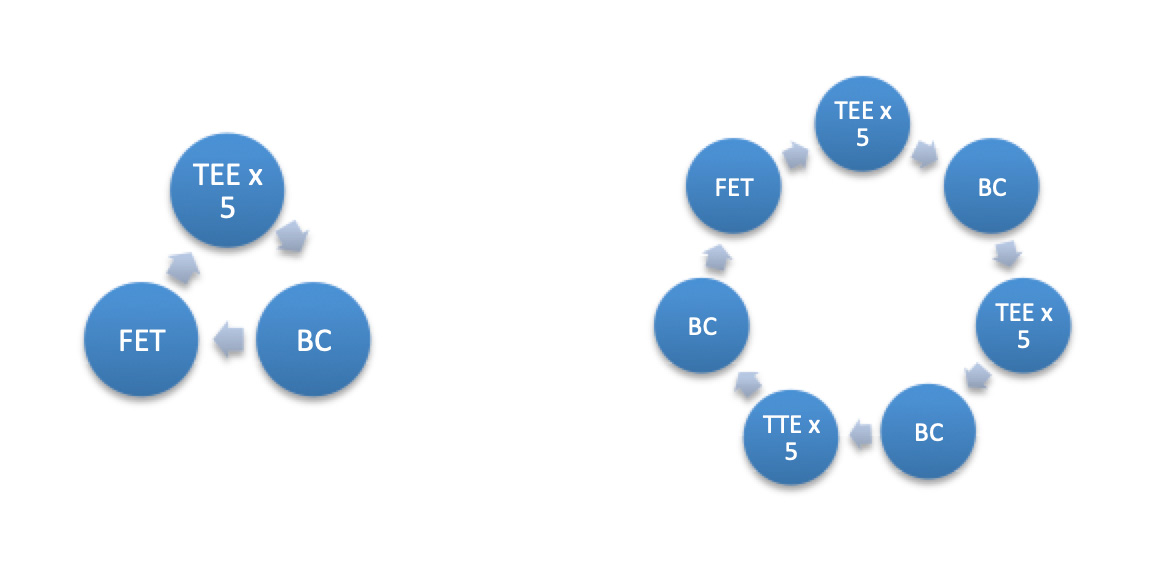
Practical application of ACBT:
- ACBT can be performed in different positions. Sitting up tall is seen to be effective and is often better tolerated than other positions. Head down tipped positions (positions where your head is lower down than the rest of your body) are not recommended as they can worsen reflux.
- ACBT is often used in combination with other techniques
- The ACBT is repeated until huffs are dry sounding or non-productive, or it is time for a rest. Total treatment time is usually 10 – 30 minutes, with the length of treatment guided by symptoms.


